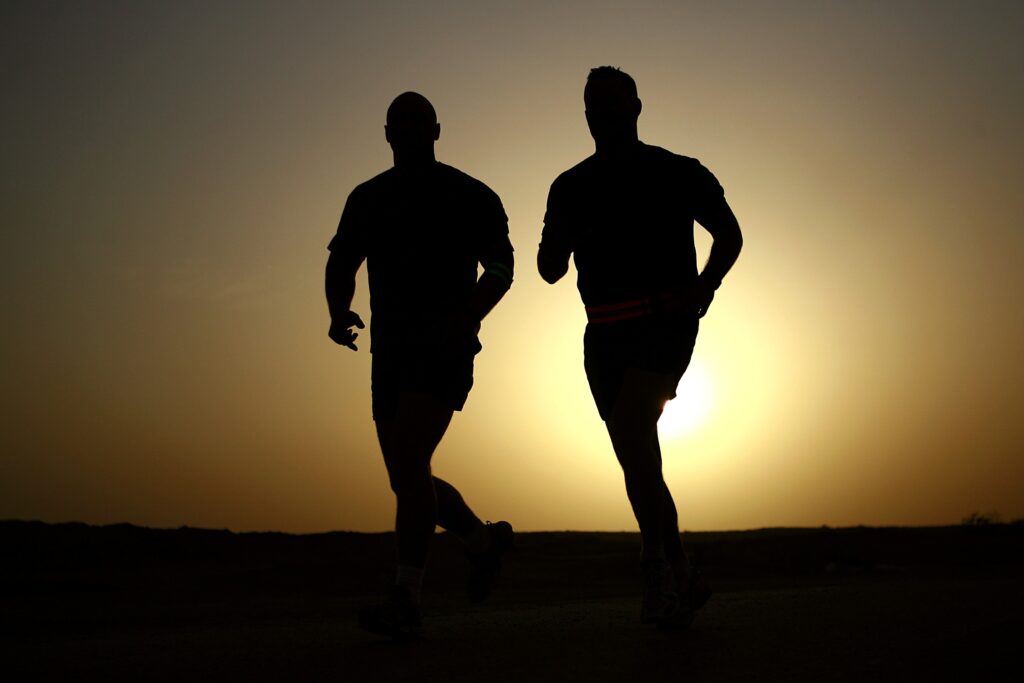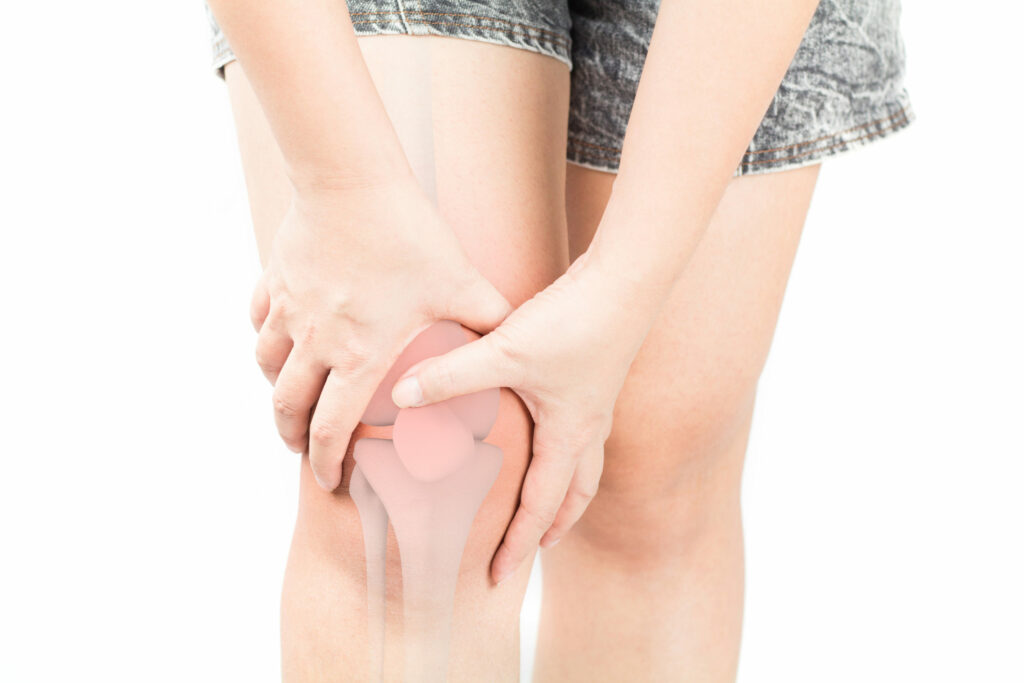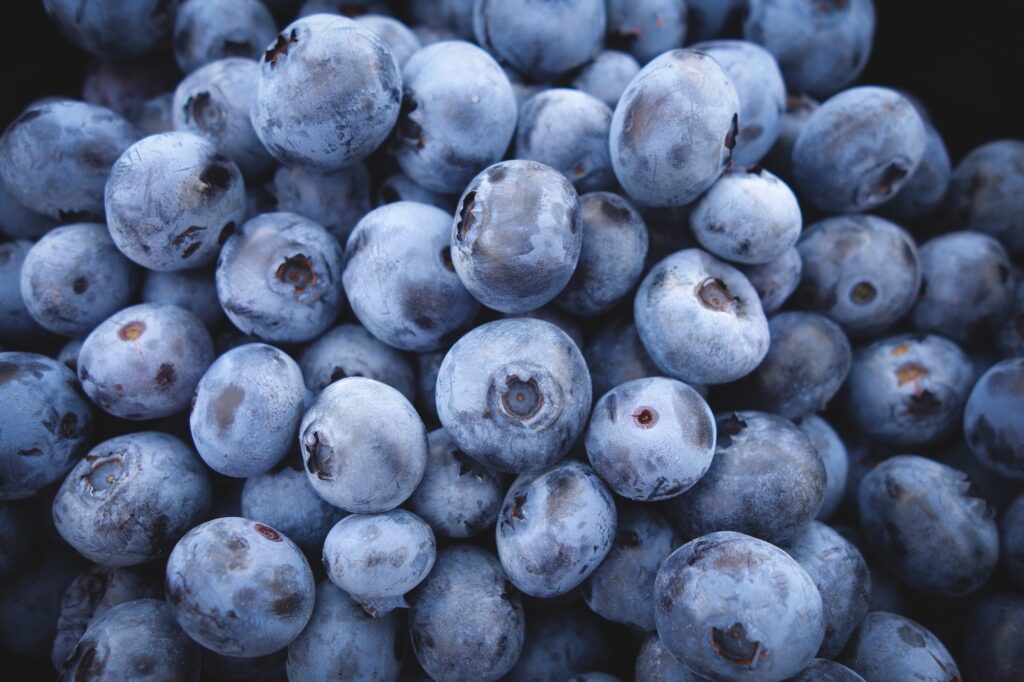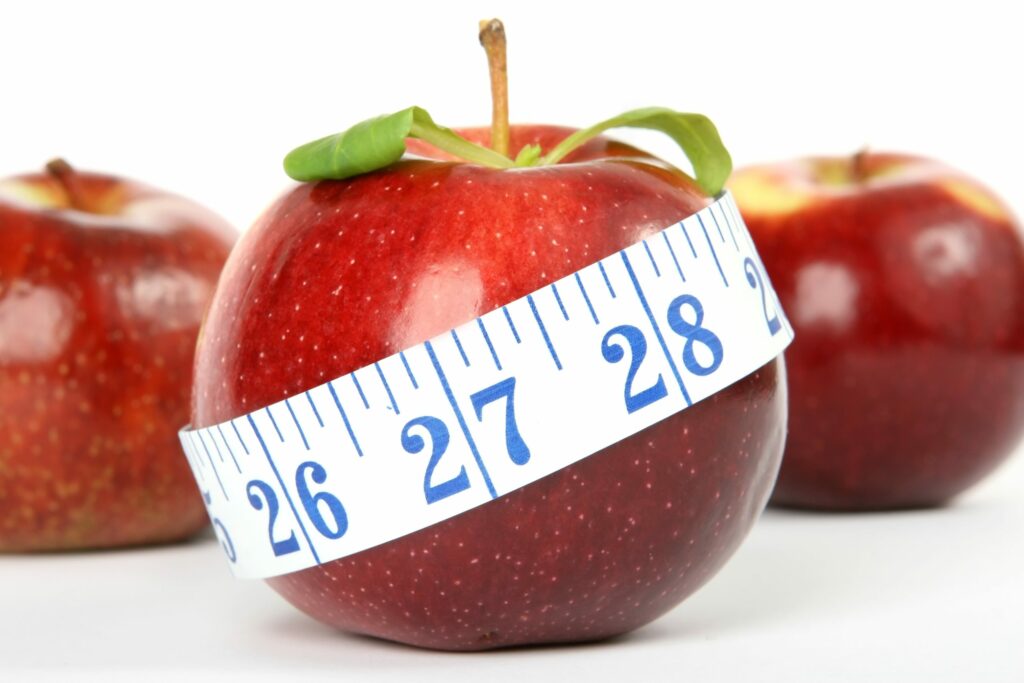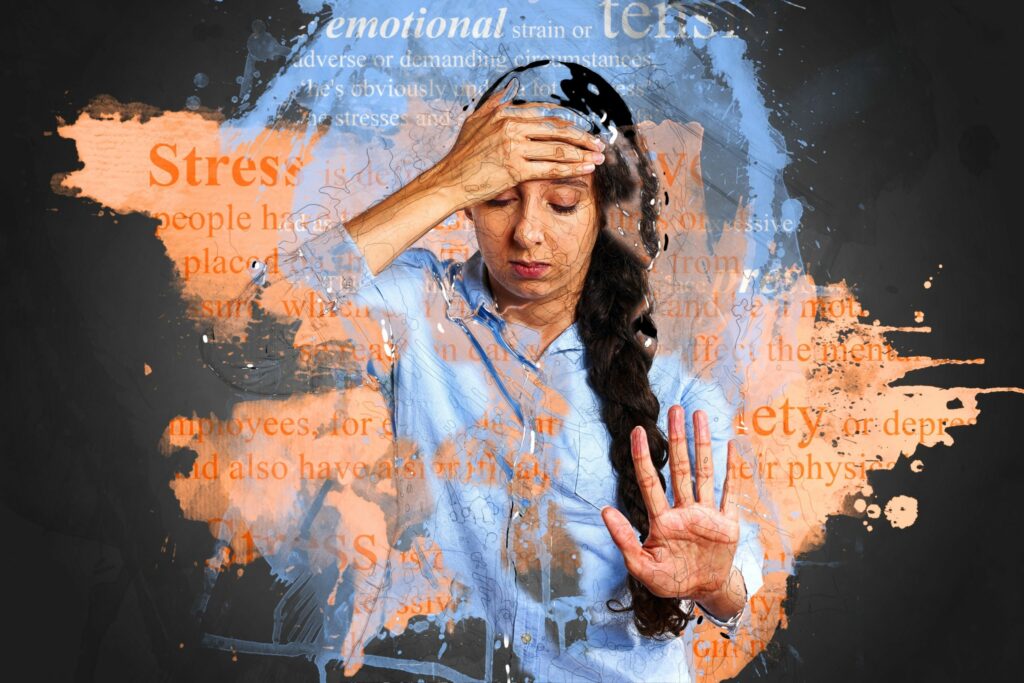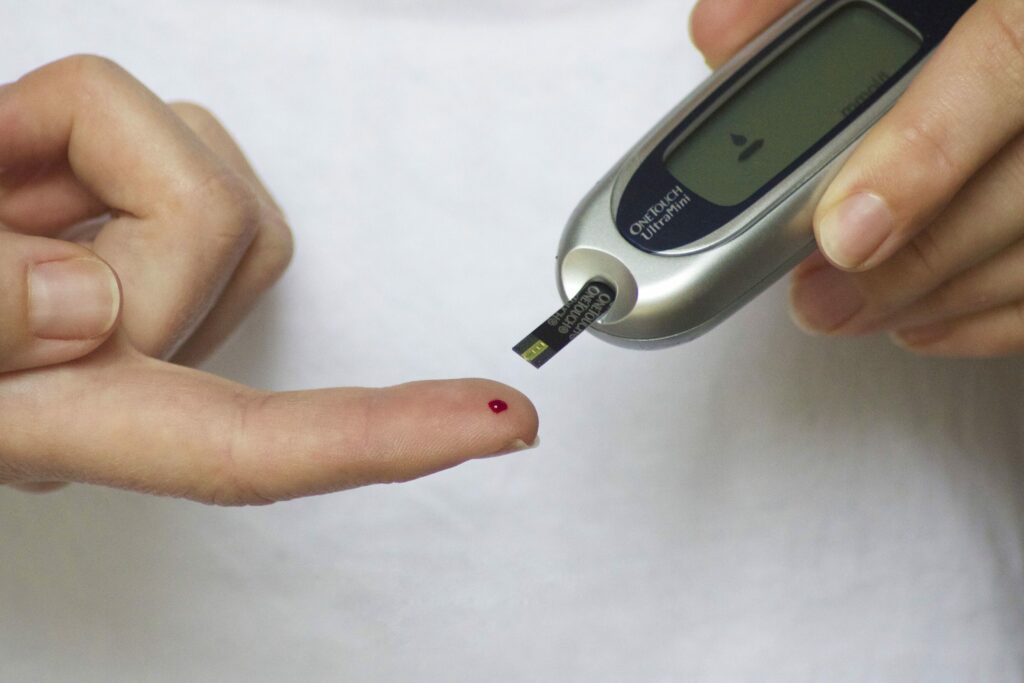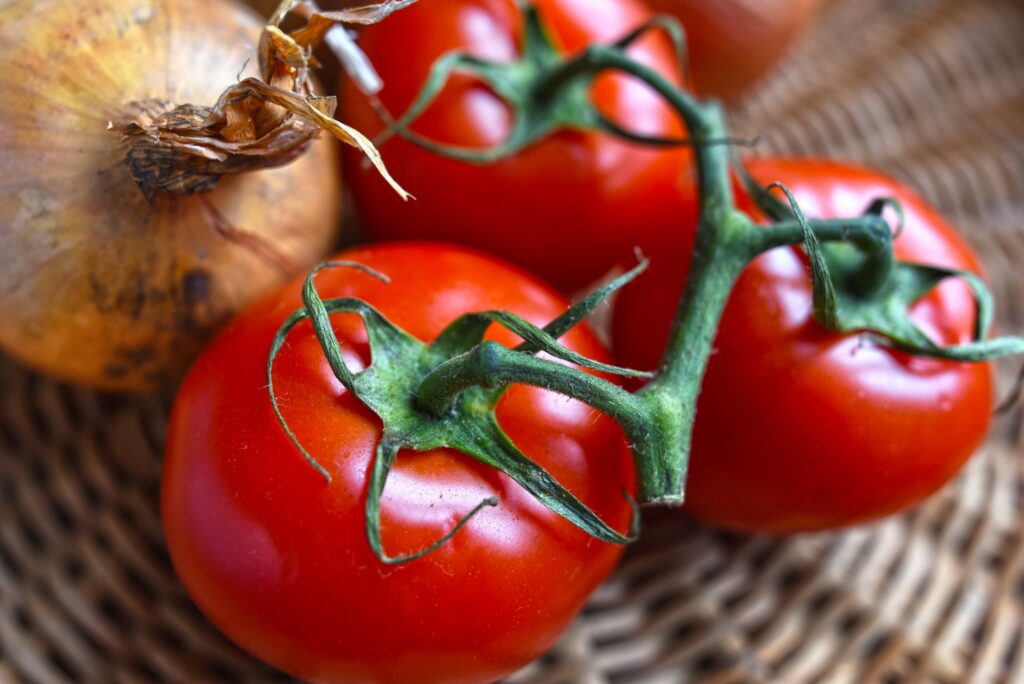Life Blog
Cutting-edge information and tips for creating health in all areas of life – wellness, nutrition, fitness, attitude, and relationships
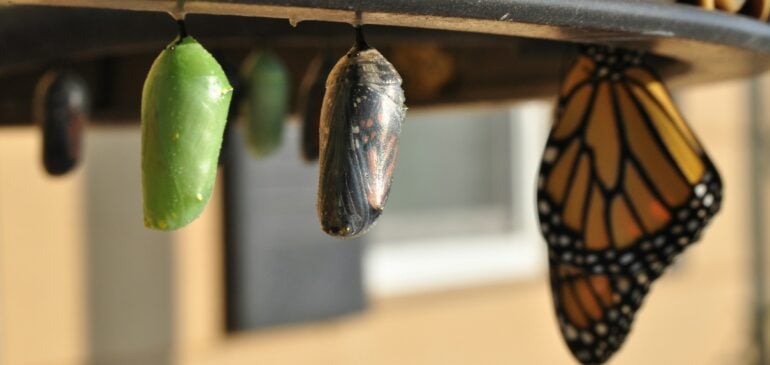
February 12, 2026
How Personal Growth and Healthy Habits Strengthen Your Marriage and Your Health
It’s easy to feel like a failure when you’re stuck in an unhappy marriage. When the relationship that’s supposed to feel safe and supportive feels heavy instead, discouragement can creep in quickly. Over time, that weight can leave you feeling helpless, hopeless, and questioning whether it’s even worth trying anymore. And when that happens, it’s easy to give up—not just on the marriage, but on yourself. Instead of taking charge of the situation, the situation starts taking charge of you. Personal growth and transformation are essential to a healthy, thriving marriage. When you feel emotionally drained or defeated, it affects how you show up for your spouse. But when you begin taking responsibility for your own growth, everything shifts. You become more self-aware, more present, and more intentional—qualities that naturally strengthen your marriage. You can either control yourself or be controlled by your environment. Studies show that people who practice self-control tend to be more forgiving and experience more stable relationships. Self-control helps you recognize your needs and respond to stress without taking it out on your spouse. Many marital conflicts escalate not because of the issue itself, but because emotions go unchecked and conversations turn reactive. If you want to transform your marriage, focus more on developing yourself through positive habits and beliefs instead of trying to change your spouse. Marriage, Health, and Well-Being Healthy marriages don’t just support emotional connection—they support overall health. Research from Harvard’s long-running Study of Adult Development found that strong, supportive marriages and long-term…
Overcoming Hectic Situations and Stress in Your Life
Are you stressed or overwhelmed by life? If you answered yes, then this article is for you! Being overwhelmed by difficult situations can take a huge toll on your life, leaving you mentally exhausted and drained. This type of stress can be dangerous to your health if you don’t manage it properly. We can all…
Learn MoreHow To Prevent or Reduce Prostate Cancer Risk
Prostate cancer is one of the most common types of cancer in men. It can occur in the prostate gland, a small walnut-shaped gland that produces seminal fluid. It commonly affects men over 40 years of age, but it can affect males of any age. Prostate cancer usually grows slowly and is initially confined to…
Learn MoreSecret Tips to Maintain Healthy Joints
One thing that most humans take for granted is the joints on our bodies. It isn’t until the joints start causing us pain, stop working properly, or become injured that we realize all the marvelous things that our joints do. When I was a young man, someone once told me that the thing I would…
Learn MoreChildhood Depression
Do you worry that your child might be depressed? As parents, we never want to see our children sad. When the sadness prolongs for no reason, it’s easy for us to blame ourselves and become frustrated. If your child is persistently sad or feels hopeless, it could be a sign that he or she may…
Learn MoreAntioxidants: What They Are And How They Protect Us
Antioxidants are a popular topic when it comes to aging and supplementation. What are Antioxidants? Antioxidants are molecules that inhibit oxidation and fight against cell damage. They protect against many diseases and aging. Antioxidants fight free radicals and reduce cell damage. What are free radicals? Oxidation is a form of a chemical reaction that occurs…
Learn MoreHow To Reduce Belly Fat
Your belly fat, the fatty tissue surrounding your abdominal region, can be divided into two main parts; Subcutaneous fat – 90% of your body fat is subcutaneous. It is in the layer beneath your skin. It’s the fat you can pinch with your fingers. Visceral fat – 10% of your body fat is beneath your…
Learn MoreHow To Know If You Have Anxiety Or A Phobia
Many of us feel anxious from time to time. Experiencing anxiety occasionally is normal unless it starts affecting our daily life. Anxiety can make you feel afraid and tense and cause sweating, palpitations (thumping heartbeat), fast heart rate, tremors, increased breathing, and dry mouth, to name a few. These physical symptoms occur due to the…
Learn MoreBest Diet For Diabetics?
Diabetes is a chronic medical condition where your body cannot utilize insulin (insulin resistance) or produce enough insulin to control your blood sugar. There are two types of diabetes, and in both types, your blood sugar level rises, which can damage your blood vessels, heart, kidneys, and eyes. Uncontrolled blood sugar can also lead to…
Learn MoreHow To Plan The Best Staycation Ever!
Every summer, many people put aside their work, daily stresses and responsibilities and escape on a vacation, somewhere far away from reality. It may be a secluded retreat in the mountains, a camping trip with the kids, an arranged tour in another country, an Alaskan cruise, or days relaxing at an exotic beach or resort….
Learn MoreWhat Causes Diabetes?
There are three basic types of diabetes mellitus: Type 1 diabetes Type 2 diabetes Gestational diabetes The causes and risk factors are different for each type. Type 1 Diabetes Type 1 diabetes is also called Insulin-dependent diabetes. It’s a chronic condition in which your pancreas produces minimal or no insulin. Insulin is the hormone that…
Learn MoreWhat’s So Healthy About A Whole-Food, Plant-Based Diet Anyway?
According to research, a whole-food, plant-based diet improves health and longevity because it focuses on plants and minimizes processed foods. But, it’s more a lifestyle than a diet. Basic Principles of a Whole-food, Plant-based Diet Focuses on plants and plant products – you eat mostly vegetables, fruits, seeds and nuts, legumes, and whole grains. Limits…
Learn MoreTop 10 Benefits Of Essential Oils
Essential oils have many benefits. In this post we’ll discuss their top 10 uses. But you need to know how to use them for maximum benefit. Here to use essential oils properly: Aromatherapy – Diffuse the essential oil into an aromatherapy diffuser (works best in a smaller room) and breathe deeply. It might be possible…
Learn More
